
Almost one third of people in Tanzania live in poverty. While the country has seen some economic growth in tourism, mining, trade and communication, the number of Tanzanians living below the poverty line has marginally increased due to rapid population growth. In some regions, up to half of the population struggles to meet the cost of essential food, shelter and other basic necessities like clothing, health care and education.
Salesian missionaries are responding to the desperate situation in Tanzania, a country devastated by the HIV/AIDS epidemic. One in every 10 citizens has been affected, including 1 million children, many of whom are orphaned and caring for their younger brothers and sisters. A lack of educational opportunities in remote communities—particularly for girls—has fueled the misery and deprivation in Tanzania.
Children suffer the greatest in Tanzania, with almost 70 percent facing deprivation in two or more of the areas of health, nutrition, sanitation, education, access to information, water supply and shelter.
Salesian missionaries in Tanzania have been working to rescue children by working to fill the country’s critical education gap, while addressing other social concerns like clean water. Salesian Missions, through its Clean Water Initiative, is providing clean, safe water to the country’s people.
Like many poor nations around the world, Tanzania struggles to provide clean, safe water to its citizens. Salesian missionaries living and working in Tanzania focus their programs on the educational and social development needs of youth and their families while working to provide safe, clean water for their students. Well digging and restoration projects are underway at Salesian Missions facilities in Tanzania with new wells being created and older wells that have rotten pipes, often filled with mud, being cleaned and replaced in order to bring water to students and faculty involved in Salesian programs.
Through donor support of its “Clean Water Initiative,” Salesian Missions was able to assist Salesian missionaries at the Kinyerezi Children’s Center in Dar es Salaam by providing youth access to clean water. The water project is directly benefiting 150 orphans and street children enrolled in the program and indirectly more than 3,000 youth who access the Center’s health, education, recreational facilities and counseling services each day.
The project entailed drilling a bore hole and constructing a reservoir tank and piping within the institutions as well as installation of full grid electricity power supply to fuel the submersible pump. Once it was completed, youth in the program, as well as those living in the surrounding communities, were able to enjoy clean, fresh water.
In another project through Salesian Missions’ “Clean Water Initiative” 499 Salesian missionaries and parishioners from Don Bosco Ihumwa Parish and more than 4,120 community members in Ihumwa village have access to clean, safe water. In Dodoma, the capital city of Tanzania where the Don Bosco parish is located, the water system is old and outdated. The water pipes were last installed in July 1998 and due to rapid growth and expansion in the city, the water supply is not sufficient. Funding supported digging a bore hole in the Salesian parish compound and constructing reservoir tanks and piping within the parish areas. The project also entailed installing solar panels to power the submersible pump.
Salesian missionaries have also brought students at the Don Bosco Kilimanjaro International Institute for Telecommunications, Electronics and Computers, located in Arusha, clean water access thanks to Salesian Missions donors. Through the “Clean Water Initiative” Salesian Missions donors have provided the funding to drill a borehole and test water capacity, build a water tower and install a new water tank, and supply and install a water purifying system. The educational institution serves poor youth and young adults. A sustainable source of clean water will enable students and staff to fight water-borne diseases, endure the dry season and cultivate the land for food.
In 2020, Salesian missionaries with Don Bosco Didia Secondary School, located in Shinyanga in northern Tanzania, were able to construct bathrooms, including toilets and sinks, providing the 1,218 boys and girls attending the school proper sanitation. The project was made possible through funding from Salesian Missions “Clean Water Initiative.”
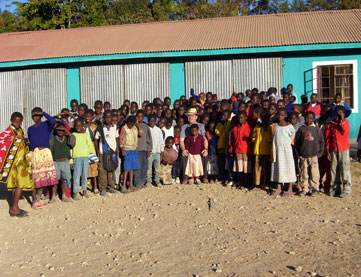
Salesian missionaries in Tanzania have been working to fill the educational gap in the country for more than 25 years. Tanzanian youth have gained access to education through Salesian schools and programs that have been developed to meet the most critical needs of the communities they serve. When Salesian missionaries opened a secondary school in Didia, in northern Tanzania, it was the first secondary school within a 40-mile radius. Since its inception, girls have had the opportunity to acquire an education at this co-educational facility, the first school to accept girls in the region.
Salesian missionaries operate 10 vocational training centers in Tanzania where youth access educational programs and training in trades that can lead to future stable employment. In one carpentry program, students are busy manufacturing furniture for a local restaurant. In other programs, students are learning masonry, tailoring, plumbing and computer studies. The vocational centers also offer services that prepare students for the workforce, providing training in searching, applying and interviewing for a job and in how to retain a job once a student is employed.
Don Bosco Vocational Training Centers in Dar es Salaam, Dodoma and Iringa have been working to advance each center’s ability to provide technical and vocational training in renewable energy. Don Bosco Oysterbay in Dar es Salaam has been funded over the last two years through a partnership with Misereor, the German Catholic Bishops’ Organization for Development, to help advance this training capacity.
Building off this work, the Charles Stewart Mott Foundation awarded a grant to Salesian Missions to fund the same training initiative at the Don Bosco training centers in Dodoma and Iringa. The projects are contributing to increased access to quality technical training on renewable energy in Tanzania.
Through the funded training initiatives, Don Bosco training centers are transforming their work through networking, partnerships and mobilization of expertise and resources in promoting renewable energy. Further, the program is bridging the widening divide between those who have access to opportunities and those who are increasingly being marginalized from the new economy by going beyond a simple training program to a holistic end-to-end program.
Salesian schools and other facilities are providing new opportunities to at-risk youth in communities throughout Tanzania where nearly one million children have been orphaned due to AIDS. Many of these children are forced to leave school due to poverty or to care for their families. Orphans who have dropped out of school are given the opportunity to return to their studies and learn a trade at one of many Salesian-run vocational schools. These schools and other facilities are providing new opportunities for a better life. At Salesian technical and secondary schools and youth centers, youth develop skills to overcome obstacles. They learn a trade of their choice and how to stand on their own to create a productive life.
Salesian missionaries operate four Salesian centers in Dar es Salaam that provide education, workforce development programs, health services and assistance to street children. The Kinyerezi Children’s Center was established to provide street children and orphans a place to call home and provides them with education, rehabilitation and psychosocial support. Many of the Center’s structures and programs are still in development. A new clean water project ensures youth have access to the clean water they need. The water is used for drinking, bathing, sanitation and the small-scale food production planned at the Center. The Center is currently able to serve 150 orphans and street children enrolled in the program and indirectly more than 3,000 youth who access the Center’s health, education, recreational facilities and counseling services each day.
When Salesian missionaries opened a secondary school in Didia, in northern Tanzania, which was the first school in the region to accept girls, it was also the first secondary school within a 40-mile radius. Since its inception, boys and girls have had the opportunity to acquire an education at this co-educational facility. Salesian-run educational institutions are committed to equal access for girls and young women.
Tanzania has been devastated by the HIV/AIDS epidemic. One in every 10 citizens has been affected, including 1 million children, many of whom are orphaned and caring for their younger brothers and sisters. To help prevent the spread of HIV/AIDS, students in 79 schools across Tanzania are taking part in the “Life Choices” program, as part of President’s Emergency Plan for AIDS Relief (PEPFAR) through the United States Agency for International Development (USAID). Of the 79 schools, 47 are primary, 23 are secondary and nine are vocational training centers. The “Life Choices” program targets youth ages 10 to 19 with core messages of abstinence and being faithful to prevent HIV infection. The program also benefits the youth by employing a multipronged approach to HIV/AIDS prevention. This approach not only offers youth health education on HIV/AIDS and other sexually transmitted diseases, but also teaches life skills.
As the world faces growing environmental degradation and climatic change challenges, there is a need to adapt sustainable development more than ever before. This has led to a need for leaders and practitioners of technical and vocational education and training to improve their understanding and implementation of education for sustainable development using a whole-institution approach to greening their institutions.
Adapting education for sustainable development and greening requires a systematic approach to the changing job opportunities and skill demands as new industries and job profiles emerge. Technical and vocational training institutions need to be responsive to these dynamics in order to produce a workforce that matches actual market requirements. This transition implies a revision of existing curricula, qualification standards and training programs, as well as the retraining of teachers and trainers.
In response, Don Bosco Vocational Training Centers in Dar es Salaam, Dodoma and Iringa have been working to advance each center’s ability to provide technical and vocational training in renewable energy.
In addition, the Don Bosco Vocational Training Center, located in Dodoma is able to build a new multi-purpose hall thanks to donor funding through Salesian Missions. The center is among the oldest vocational training centers in Tanzania and currently serves close to 1,700 students annually for both long and short courses. Despite the availability of spacious classrooms, the center does not have an area that can hold all students together for one particular joint activity such as examinations, graduation ceremonies, morning talks on rainy days or youth programs.
With the funding, the Don Bosco Vocational Training Center will now be able to build a space that will meet the needs of the student population. The new multi-purpose hall will serve as space for training and recreational needs as well as sports and other indoor recreational activities for the youth oratory and animation programs. In addition, the center will be able to conduct examinations, particularly national examinations, which require specific standards provided by VETA (including ventilation and distance from desk to desk).
From Tanzania

From Tanzania
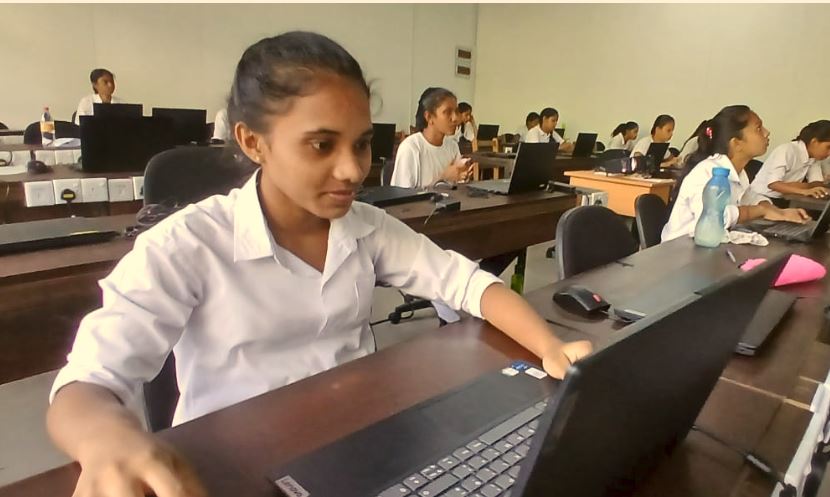
Salesians offer more than 1,000 vocational, technical, professional and agricultural schools. NEW ROCHELLE, N.Y. (July 15, 2025) Salesian Missions, the U.S. development arm of the Salesians of Don Bosco, joins humanitarian organiz
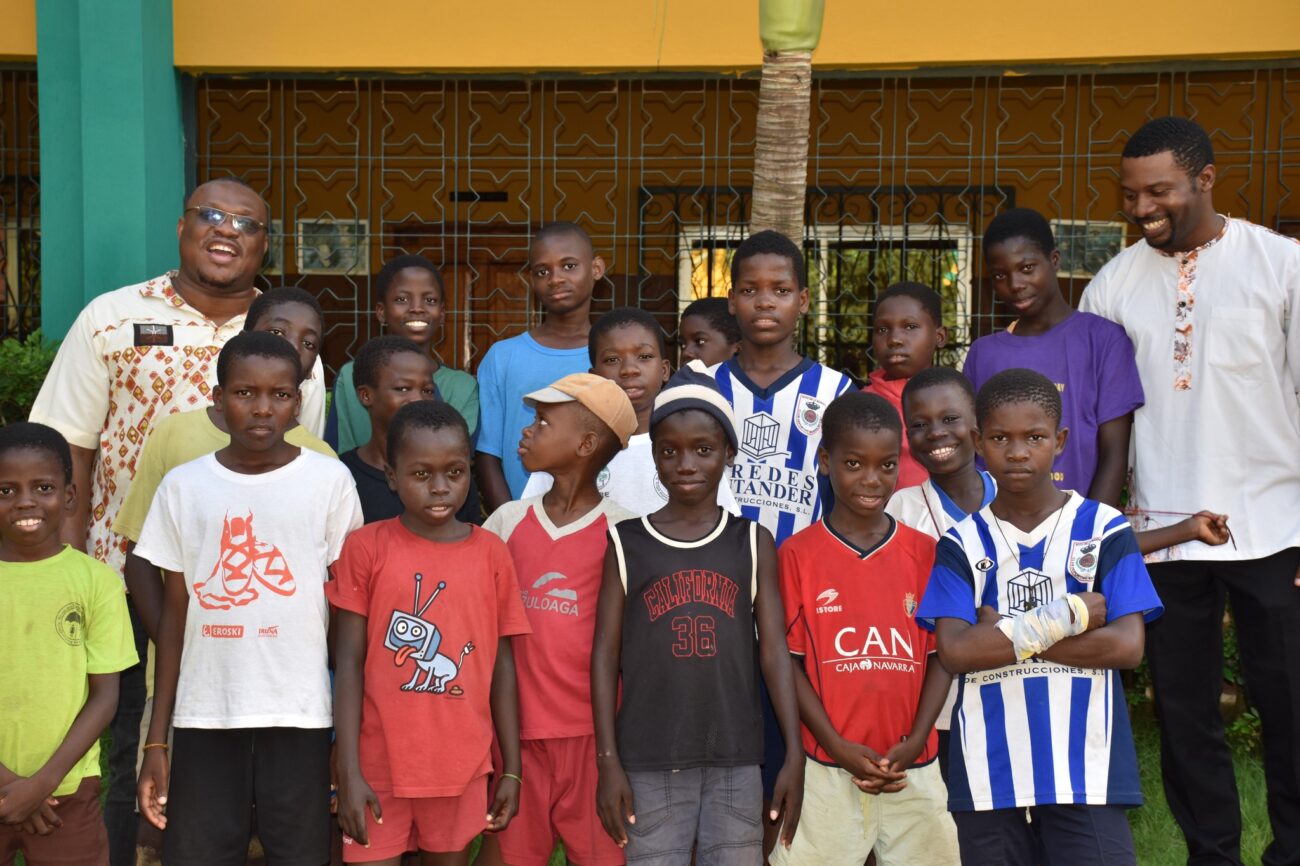
Salesian programs rescue children from labor, ensure they have their needs met. NEW ROCHELLE, NY (June 12, 2025) Salesian Missions, the U.S. development arm of the Salesians of Don Bosco, joins humanitarian organizations and the i
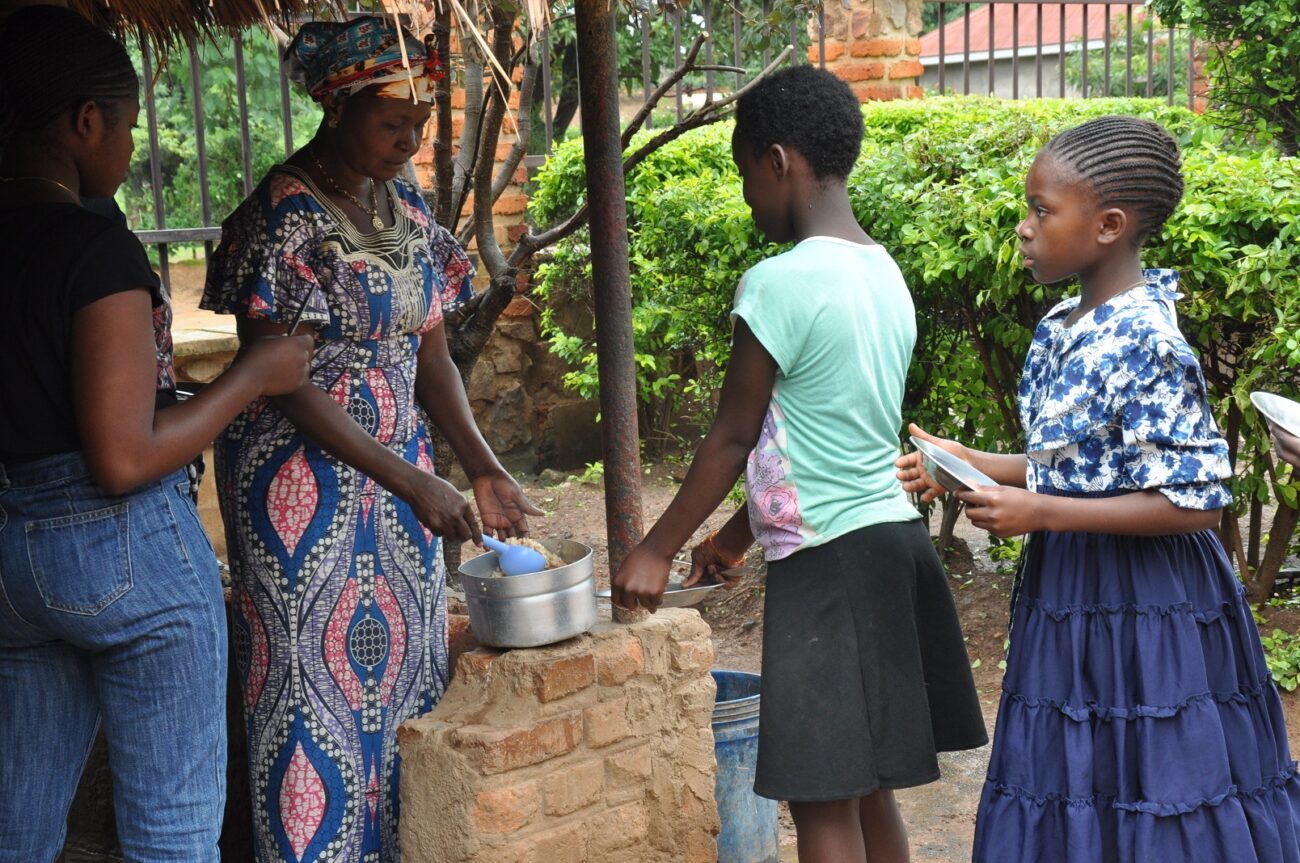
Salesian programs help children live safely, provide basic needs. NEW ROCHELLE, NY (April 12, 2025) Salesian Missions, the U.S. development arm of the Salesians of Don Bosco, joins humanitarian and international organizations arou
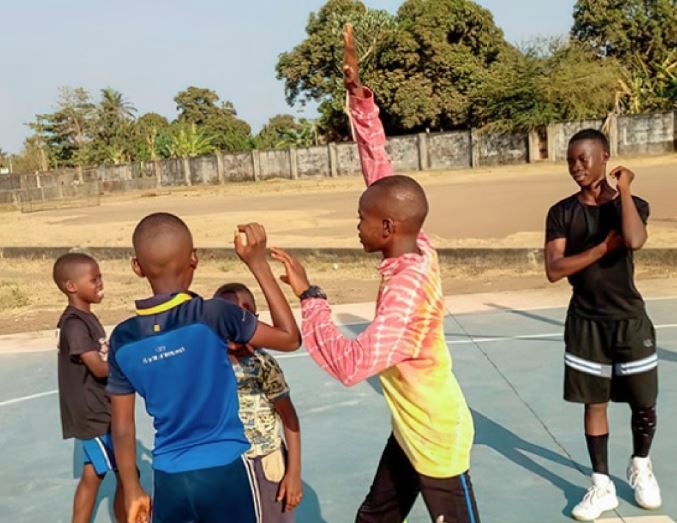
Sports programs empower and educate youth around the globe. NEW ROCHELLE, NY (April 6, 2025) Salesian Missions, the U.S. development arm of the Salesians of Don Bosco, joins humanitarian organizations and the international communi
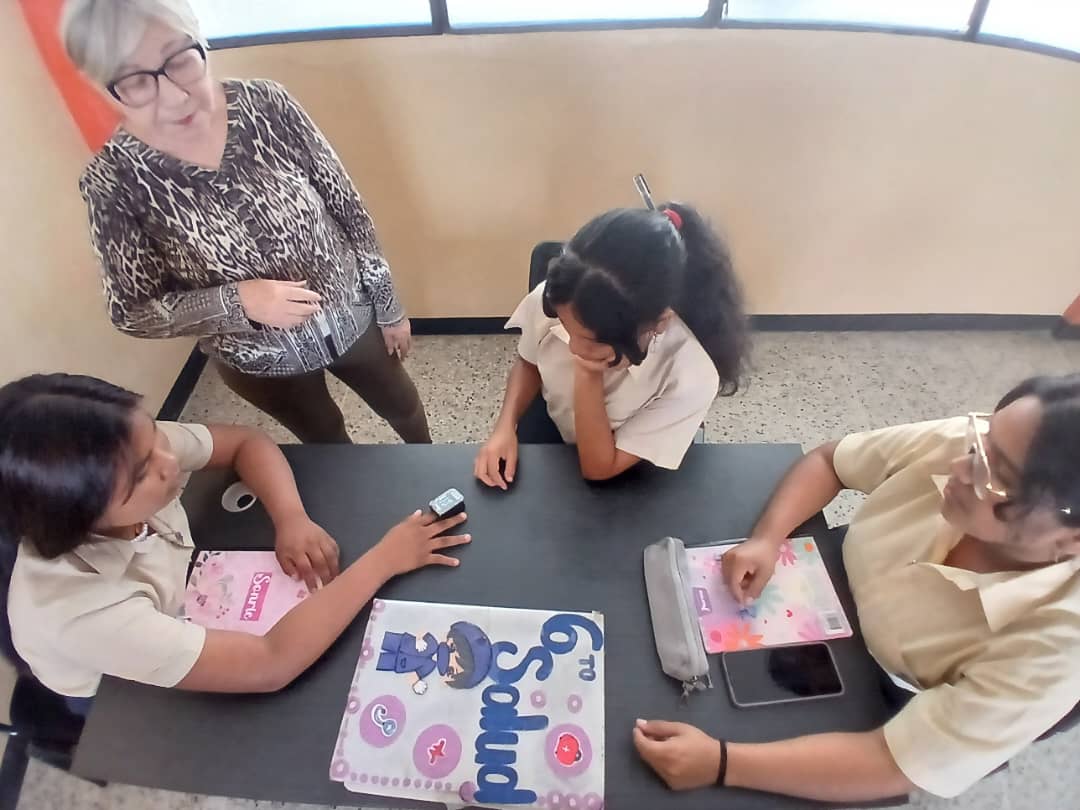
Salesian missionaries establish primary, secondary and vocational schools in poor, remote places. NEW ROCHELLE, NY (March 28, 2025) Top of Form Salesian missionaries are working to fill the gaps in education for youth living in co
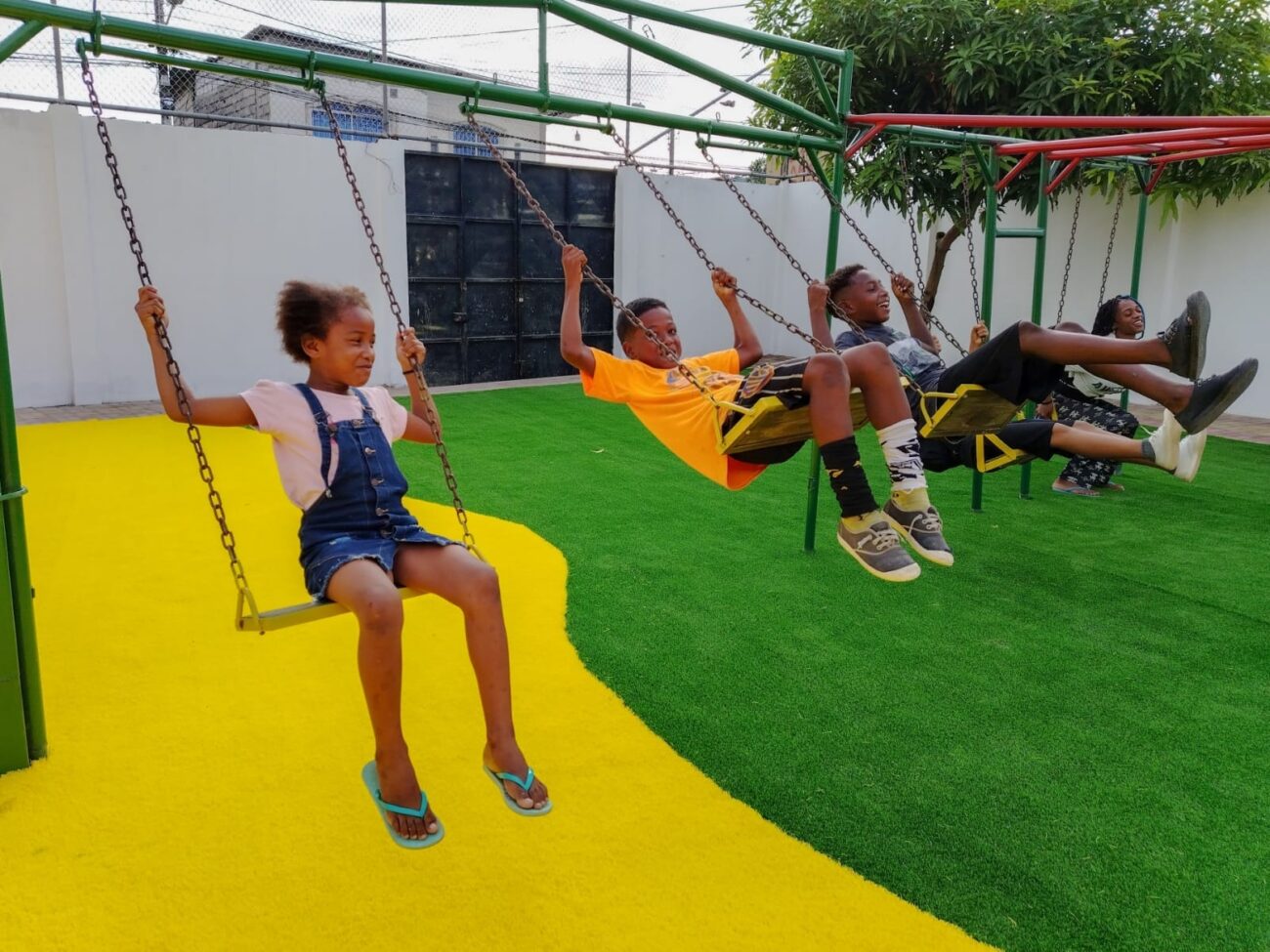
Salesians around the globe work to ensure youth can live more fulfilled lives. NEW ROCHELLE, NY (March 20, 2025) Salesian Missions, the U.S. development arm of the Salesians of Don Bosco, joins humanitarian organizations and count
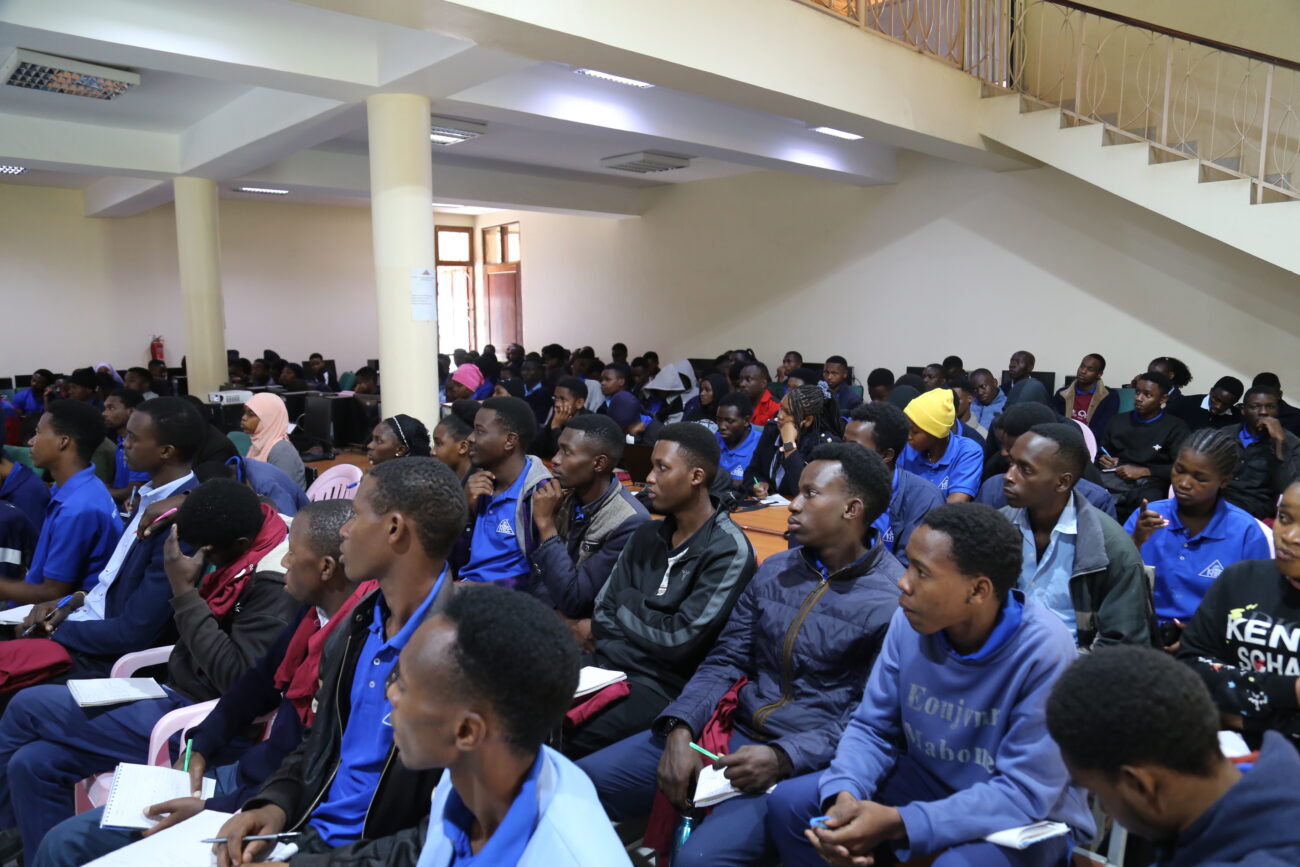
School offers training to youth who are poor and young adults. NEW ROCHELLE, NY (Nov. 26, 2024) Don Bosco Kilimanjaro International Institute for Telecommunications, Electronics and Computers (Don Bosco KIITEC), located in Arusha,
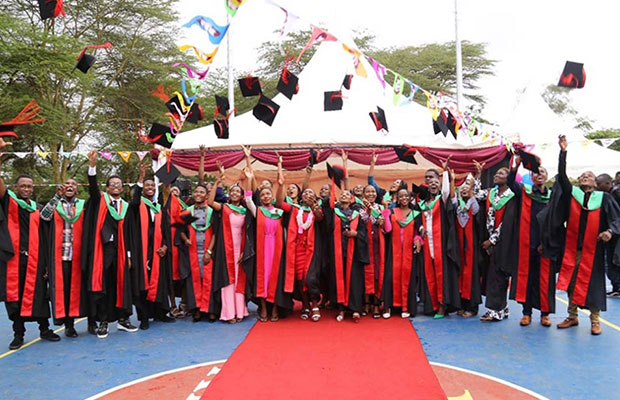
There’s a saying in Africa that goes something like this: “When you educate a girl, you educate an entire society.” Still, many societies on the continent remain resistant to gender equality, which makes such an education ch
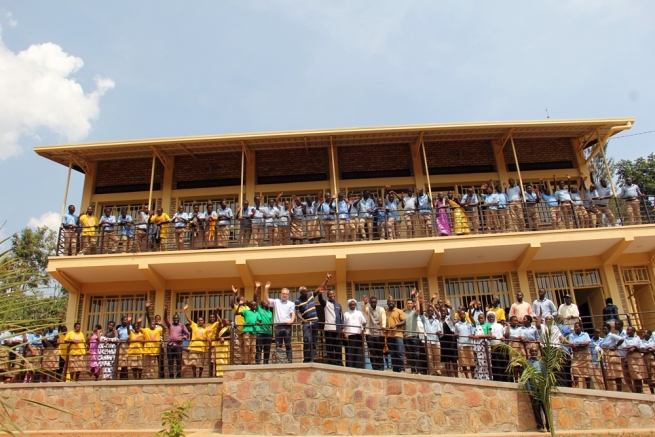
Projects help teachers provide high-quality education. NEW ROCHELLE, NY (Oct. 5, 2023) Salesian Missions, the U.S. development arm of the Salesians of Don Bosco, joins humanitarian organizations and countries around the globe in h
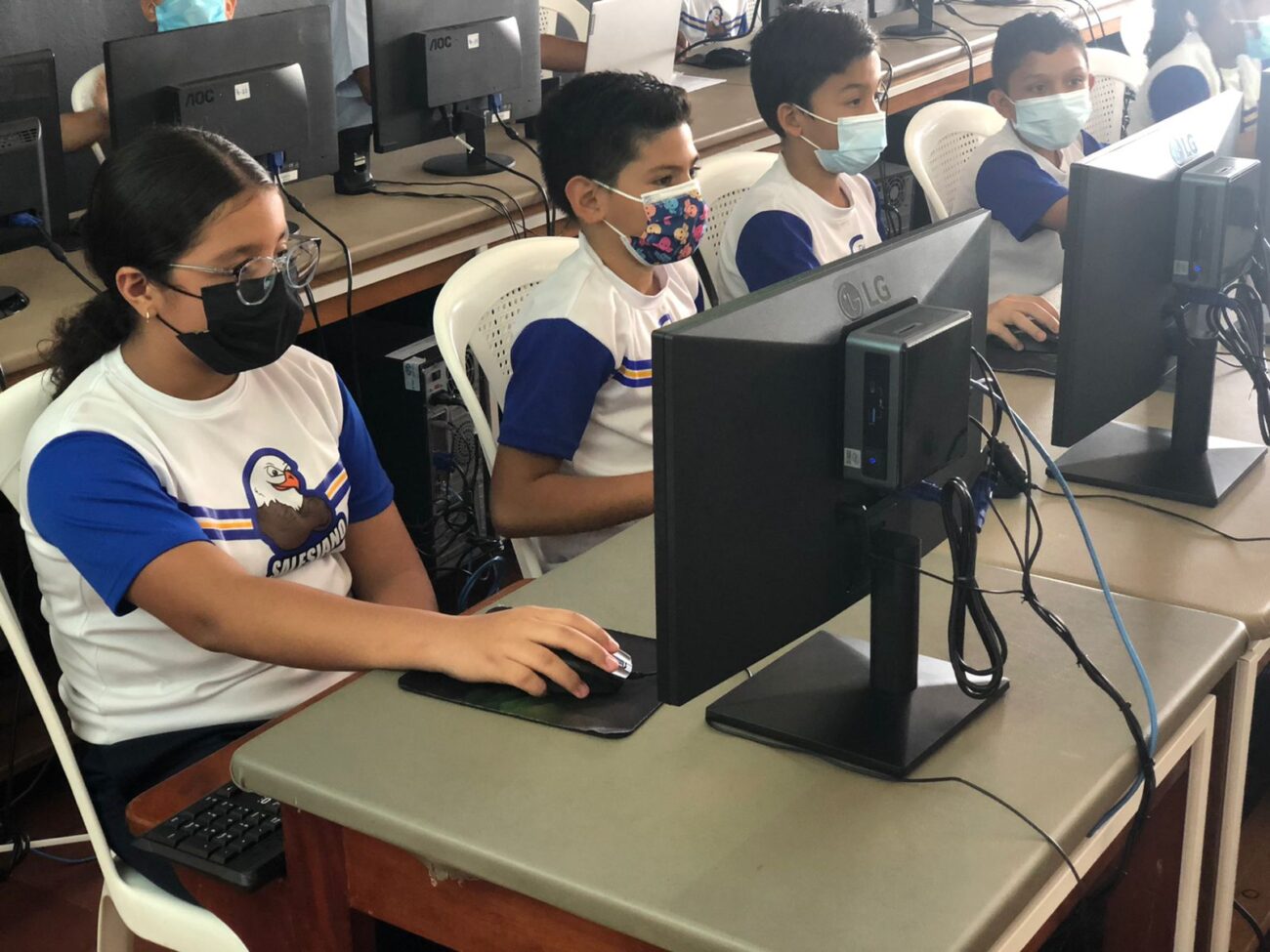
In more than 5,500 Salesian schools and centers, missionaries educate youth in some of the poorest places on the planet. NEW ROCHELLE, NY (Oct. 17, 2022) Salesian Missions, the U.S. development arm of the Salesians of Don Bosco, j
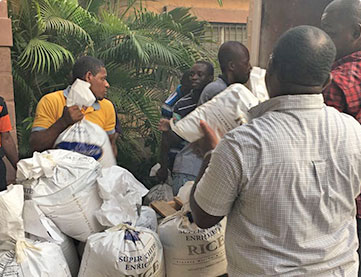
Salesian Missions includes agriculture in its vocational training programs – to ensure that youth of Rwanda learn better agricultural practices as well as keep the school self-sustaining in the face of the country’s food shortages.
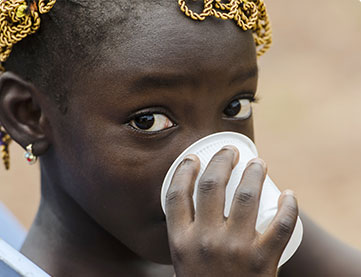
Salesian Missions includes agriculture in its vocational training programs – to ensure that youth of Rwanda learn better agricultural practices as well as keep the school self-sustaining in the face of the country’s food shortages.
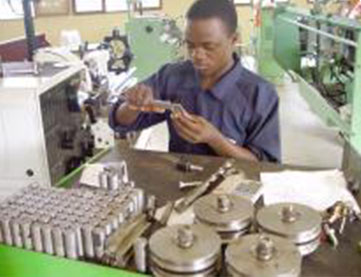
Salesian Missions includes agriculture in its vocational training programs – to ensure that youth of Rwanda learn better agricultural practices as well as keep the school self-sustaining in the face of the country’s food shortages.